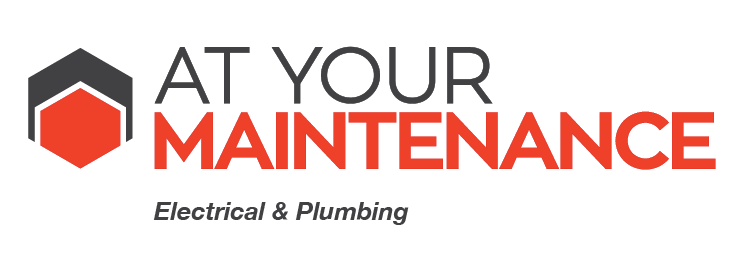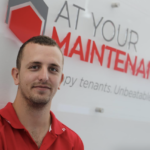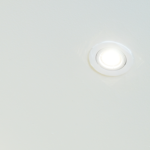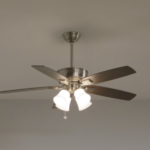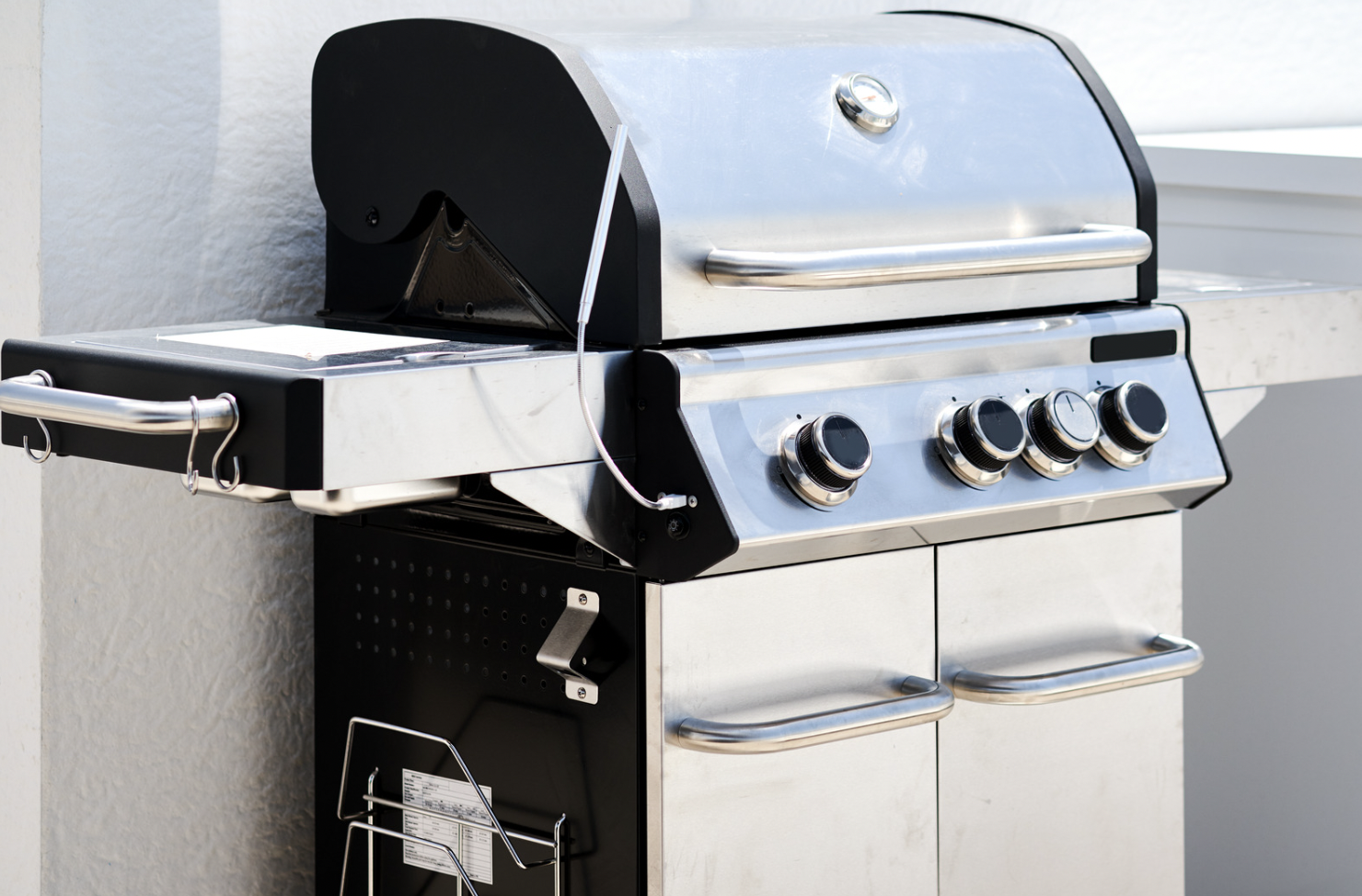
What is more Australian than cooking up a storm on the barbeque on a warm summer’s day? Despite the delicious food and happiness that barbequing brings, it also poses many serious risks with the potential for significant injury or death. It is vital that before you start up your BBQ, you educate yourself regarding all the possible complications and have an awareness of the simple yet effective strategies that you can use to rectify these issues.
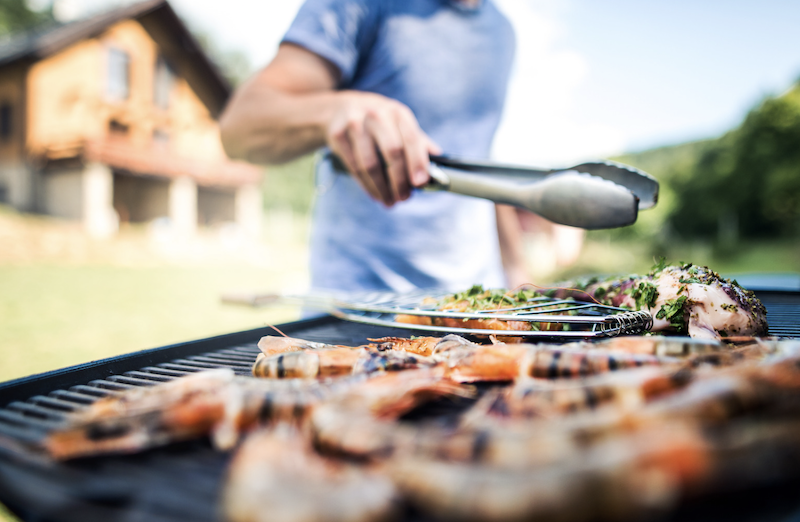
WHAT COULD GO WRONG WHEN BARBECUING?
Gas Leaks
Gas leaks are a potentially common issue that can occur when barbecuing. They are caused by gas lines becoming corroded from the weather or when pinholes form in them.
The result is that your grill may stop working or will alternatively produce less heat than it would when functioning at full capacity.
A simple solution to avoiding the dangers of this problem is to always check the gas lines prior to using the grill. To do so, you must firstly disconnect the gas supply from the grill. If a leak is found, you should then apply some flex tape over the hose to stop the leak.
Even the most seemingly minor gas leaks can have detrimental outcomes, therefore, it is vital that any gas leak is promptly addressed and that you are only barbecuing in safe, ideal conditions.
Gas Cylinder Safety
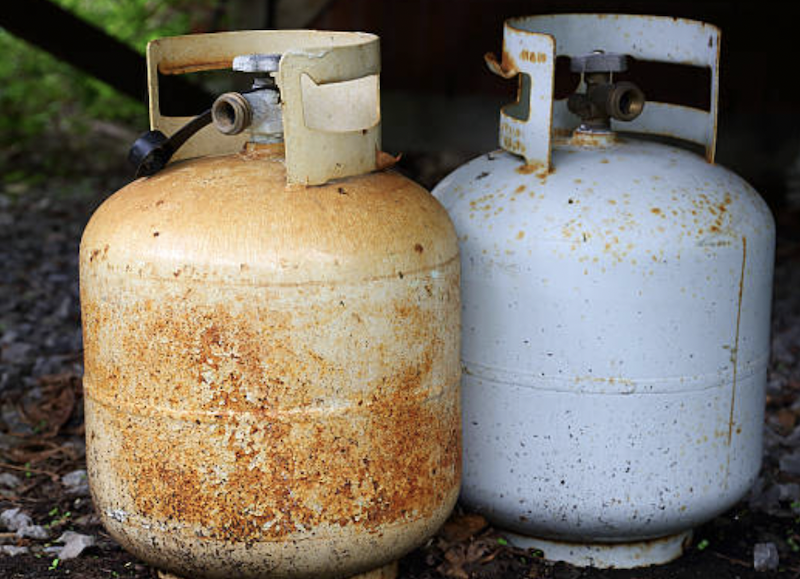
The gas cylinder itself requires special care, particularly in relation to the way, and location in which it is stored. Your gas cylinder should always be kept in an upright position to stop it from falling over, avoid leakage of liquids and prevent the gas separating from the acetone.
An ideal place to store your cylinder would be outdoors in a cool, well-ventilated area to ensure maximum safety in case of any gas leaks. You should also avoid exposing your cylinder to any direct heat or sunlight and should not bring any open flames or cigarettes in close proximity due to its extremely flammable properties.
To ensure your gas cylinder is safe, it is best practice to have it inspected and leak tested by a professional at least every 10 years.
Barbecuing Inside
In addition to being an obvious fire hazard, charcoal and gas grills release large amounts of the colourless, odorless and deadly gas known as carbon monoxide. Even small amounts of this chemical can kill you, therefore barbecuing inside is a potentially lethal activity.
Your best and safest option it to keep your charcoal and gas grills for outside use only, and to use an appropriate indoor grill pan, designed especially for indoor use, if absolutely necessary.
Lighting your grill with a closed lid
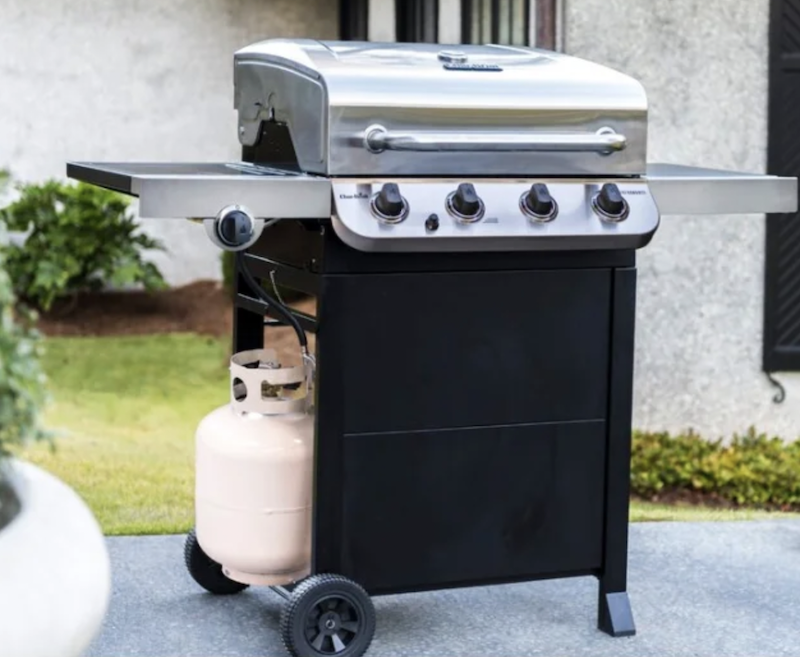
Starting up a gas grill whilst the lid is still closed can cause a dangerous build-up of gas and chemicals, which, when eventually opened, explode into a fireball.
This extremely dangerous complication can however be entirely avoided by ensuring to keep the lid of the gas grill open when you are lighting it. If at any stage the flame blows out, turn the grill and gas off, and wait at least five minutes before reigniting.
Gas left on
Before getting distracted and following the delicious scent of the food you have just barbecued, you must ensure that you have properly turned off the grill. Immediately upon cessation of cooking, turn off the burners on your gas grill and close down the propane supply.
If you’re using charcoal, close the air vents to shut off the air supply to the embers and let the coals completely cool before safely disposing of them in a metal container.
THE BBQ SAFETY TIPS
The Soapy Water Test
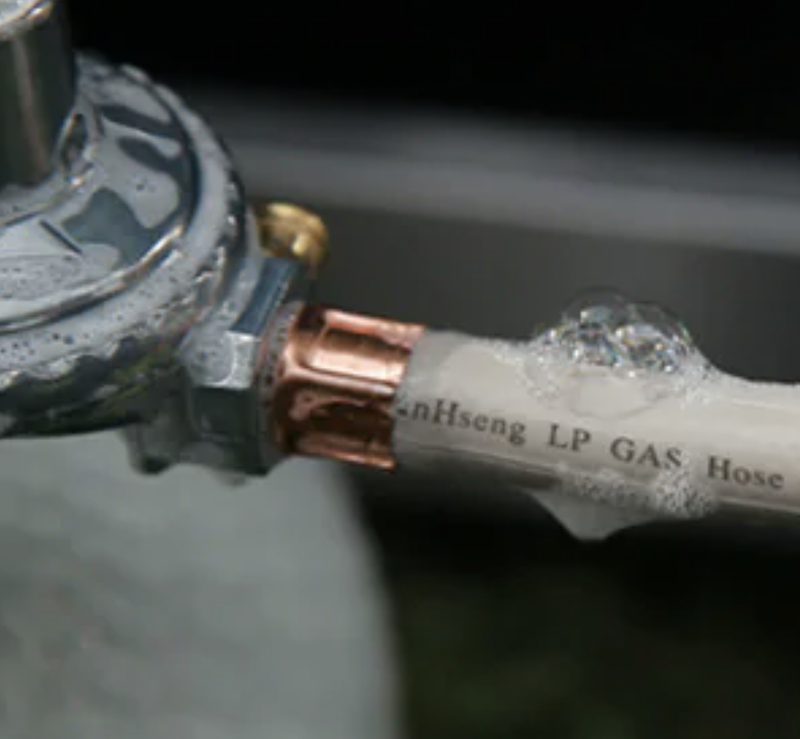
If you are suspecting any leakage from your gas cylinder you should firstly move the cylinder at least twenty meters away from any sources of ignition and ensure that the valve is off. To then check for any leaks caused by degradation in the hosing,, or to simply ensure the safety of your cylinder with each use, you can implement the soapy water test.
To do so, mix some soap and water together in a spray bottle and apply it all along the hose and any connections. If there are any leaks presents, the soap will form bubbles at those locations. If a leak is found, disconnect the joint, clean the mating surfaces of the hose, and then reconnect. If there seem to be quite a number of leaks, particularly if they won’t disappear with a simple clean, you will need to replace the fitting.
In the situation that you are unable to stop the leak, ensure that you keep the cylinder in an upright position so that only gas is able to escape and not liquid. Overall, if in doubt, do not use the barbeque. Turn off the gas and replace the connection, or contact a licensed gasfitter – it’s better to be safe than sorry.
Storing LP Gas Cylinders
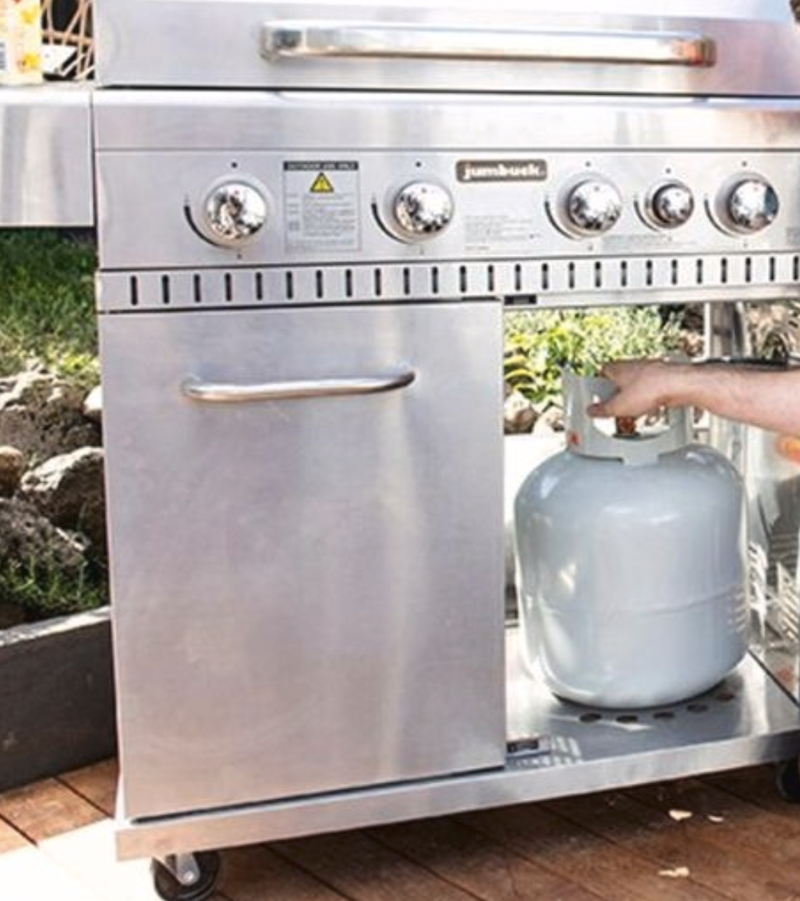
As discussed previously, LPG cylinders must be stored upright, outdoors, in a well-ventilated area with their valves closed, attachments and appliances removed, and safety caps in place. They must also be protected from falling or being knocked over, therefore storage in areas of high traffic should be avoided to minimise the chance of any accidents.
An ideal storage area should be flat, firm, and in a location with good drainage, as the cylinders should not remain in standing water. The environment surrounding the cylinder should be free from any ignition risks, flammable materials or artificial heat sources.
The simplest and most effective way to achieve each of these storage components is to keep the cylinder inside a gas bottle cage made from heavy duty materials, with bump rails and tamper-proof locking, and to restrain it with chains or safety straps.
Clean the Grill
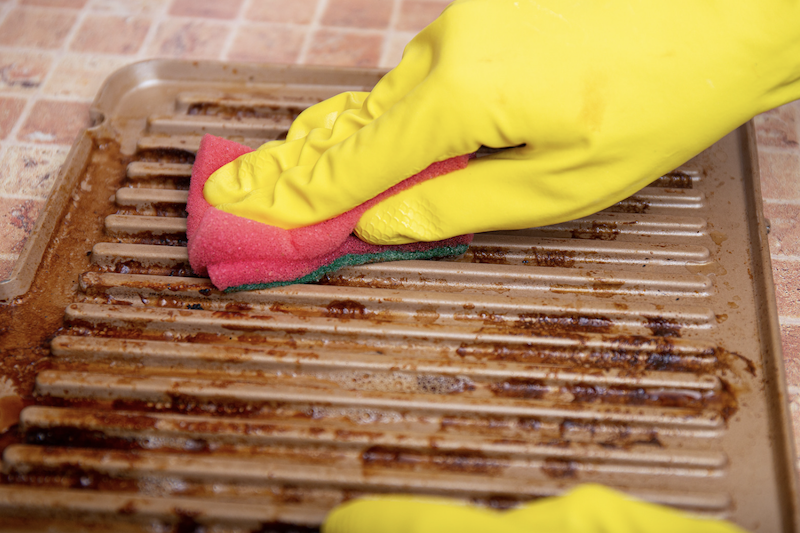
Perhaps a seemingly obvious and simple, yet not so glamorous way to keep your BBQ safe is to properly clean the grill after each use. Not only will this reduce the risk of danger when cooking, but a clean grill will also produce better tasting food that won’t stick as easily.
The best way to clean your BBQ is to place the grills into a sink or container of warm, soapy water and scrub them using a wire grill brush before then rinsing them and allowing them to dry before their next use.
BBQ Location
For safety purposes, it is best to keep your grill a reasonable distance away from your home and particularly from the back door if this tends to be an area of high traffic. The surface that the grill is placed on should be flat, clean and free from any flammable debris or low hanging branches.
When deciding to barbecue, you should carefully consider the weather and the presence of any potentially disruptive wind. Smoke blows downwind so ensure to place your BBQ accordingly as to avoid suffocating any windows, doors, neighbours or guests.
BBQ’s and Children
When barbecuing, you should never leave the grill unattended as unattended cooking is the number one cause of residential fires. This becomes particularly important if you have children or pets who are likely to come near the grill. It can be beneficial to demonstrate to children how the grill works and explain the dangers as the main reason a child is likely to approach the grill is out of innocent curiosity.
Another good strategy to implement in addition to this is declaring a 1-meter “kid-free zone” around the grill and marking the parameters out with either an expandable fence or chalk. Even if you implement both of these ideas, it is vital to always supervise children in and around the grilling area to ensure they remain a safe distance and are protected from any sources of injury.
Consider total fire bans
Another consideration to ensure the safety of both yourself and others is to ascertain whether there are any total fire bans being enforced at the time that you wish to barbeque. The declaration of a total fire ban is most likely in hot, dry weather and aims to prevent any accidental and preventable fires from igniting.
The purpose of the ban is to legally restrict the use of all fires in the open air which therefore includes the banning of both solid and liquid fuel barbeques.
Barbeques that are allowed during total fire bans must meet all of the below criteria:
- At least 3m from BBQ is clear of flammable material
- BBQ uses only gas/electricity and is a permanently fixed structure
- A hose is connected to water or there is a container with at least 10L of water ready for immediate use
- An adult is present at all times who has capacity and means to extinguish fire· Fire must be completely extinguished prior to the adult leaving
Anyone who breaches a Total Fire Ban declaration is subject to heavy legal penalties including large fines and even imprisonment.
So, the next time you decide to “chuck a snag on the barbie”, remember first to be in a suitable and well-ventilated area, check for any gas leaks, open the lid before lighting and turn the gas off as soon as you’re finished. Barbecues are great fun but don’t come without risk. Ensure that your grill is kept clean, your children remain a safe distance away and consider if a total fire ban may be in place. Understanding the risks but knowing how to avoid and address them, will make for the best tasting barbeque you’ve had yet.

